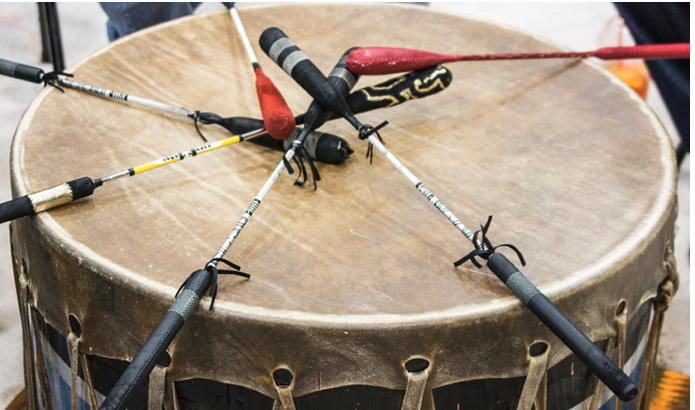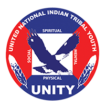
This toolkit is geared towards professionals and grass-roots organizers working in AI/AN communities to implement a community-wide Hope for Life Day on September 10 of each year. The National American Indian/Alaska Native Hope for Life Day coincides with World Suicide Prevention Day on September 10 of each year. This toolkit will help community organizers take specific steps to change the conversation around suicide, initiate action for awareness, and foster hope in the effort to reduce or eliminate suicide in their community. Organizers are encouraged to host culturally tailored events in their community to promote hope, life, cultural resiliency, and community transformation.
Click here to access the final resolution passed at the 2015 NCAI Mid-Year Conference.
Fact Sheets and Data
- SPRC: Scope of the Problem
- SPRC: Accessing Data about Suicidal Behavior among American Indians and Alaska Natives
- NCUIH Knowledge Resource Center Fact Sheets
Tips and Ideas for Hope for Life Day Activities
- Ideas for Implementing Cultural Activities
- Tips for Engaging Native Youth
- Tips and Strategies for Engaging Tribal Leaders
Ready to Use Templates
- Invitation Letter to Tribal Leaders to Participate in Hope for Life Day Event
- Request Letter to Tribal Leaders to Draft and Sponsor a Hope for Life Day
- Hope for Life Day Tribal Resolution
- Hope for Life Day Urban Indian Organizations Proclamation
- Hope for Life Day Event Invitation Letter for Use by Urban Indian Organizations
- Hope for Life Day Press Release
988 Suicide & Crisis Lifeline
988 is the easy to remember three-digit dialing, texting, and chat code for anyone experience a suicidal or mental health related crisis. As the U.S.-based universal dialing code connecting individuals to the existing National Suicide Prevention Lifeline (now known as the 988 Suicide & Crisis Lifeline)—a network of local crisis centers throughout the country—988 increases the accessibility and use of life-saving interventions and resources.
When somone calls, texts, or chats 988 for themselves or someone they know who is in crisis, they will be connected to a trained crisis counselor 24 hours a day, 7 days a week, and 365 days a year who will listen compassionately and non-judgmentally. It’s important to note that the previous 1-800-273-8255 number will always remain available to people in emotional distress or suicidal crisis and will connect them with the same Lifeline network.

